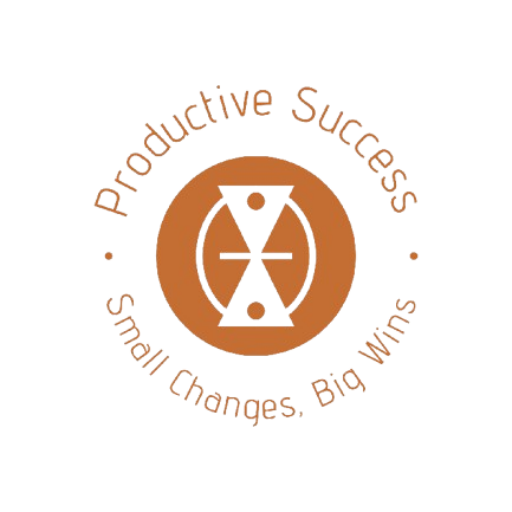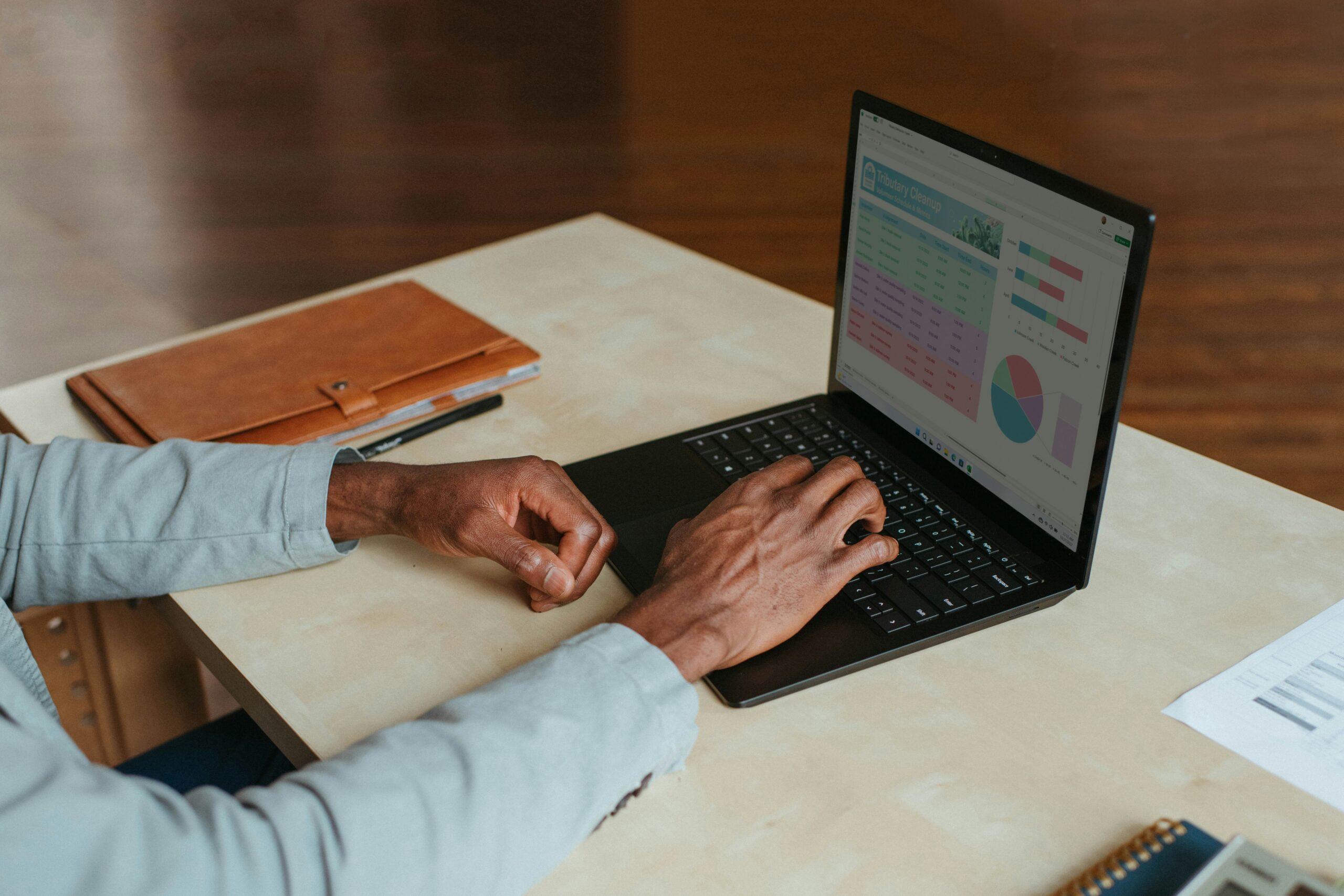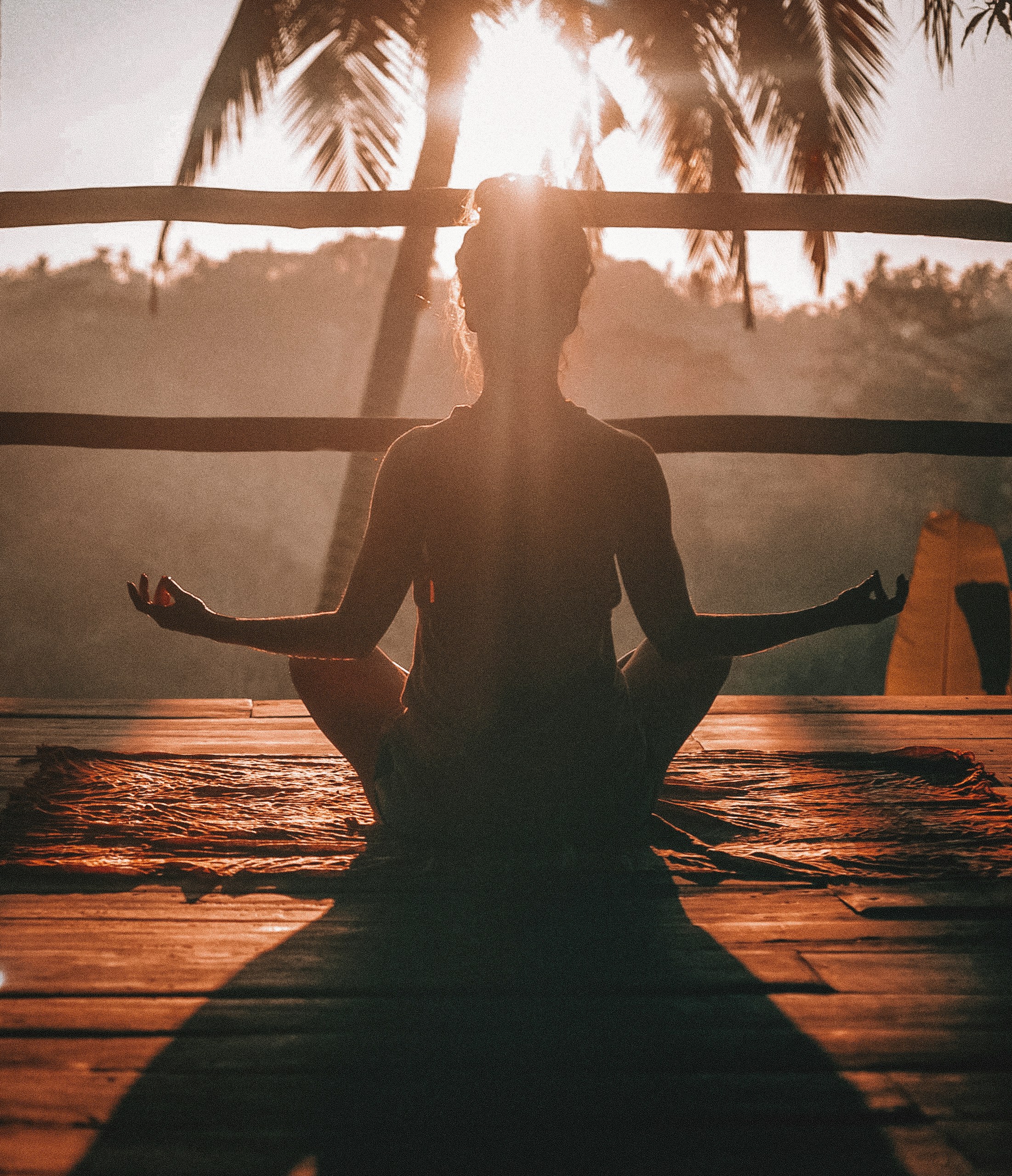Introduction
Have you ever tried to focus on a really important assignment and just couldn’t? You just kept switching tabs to Instagram, or kept messaging your friends. You end up losing your focus and time passes you and suddenly, you’re taking the test and you haven’t studied. Well, if is this is you, then this blog will help you tremendously in reducing the amount of distractions you get.
So, without further ado, let’s get into it.

Identifying Digital Distractions and How to Overcome Them
The most common distraction people face nowadays is digital distractions. I’m talking social media, emails, apps, just the whole run of it. Furthermore, most people just can’t don’t realize the damage these distractions do to your productivity. For example, they destroy your mental health, ruin your attention span, boost your procrastination, and they lower your overall ability to focus. Therefore, you can get ahead of most people by just learning how to deal with digital distractions.
The first strategy you can use is what I call gradual lowering. As an example, let’s say you have an average screentime of 2 hours on YouTube. You’ve tried deleting it, however, you always relapse, redownload it, and spend another 2 hours on YouTube. I’ve been here before, and the main strategy that got me out was using apps like Opal to lower my screen time.
Using Opal, I would set a screen time limit on YouTube of 1 hour and 55 minutes. Now, this is only 5 minutes shorter, but that’s the benefit of setting screen time limits. You gradually decrease the amount of time you’re using on the app. Eventually, it’ll become one hour and 30 minutes, then 1 hour, and suddenly you’re only using YouTube for 20 minutes a day. I’ve tried a lot of strategies to reduce screen time, and this is the one I found most effective overall for any social media app.
Reducing Distractions by Muting your Phone
The other main way I reduce distractions is by muting notifications at all times unless it’s from my family. I keep my family unmuted purely because I don’t consider texting my family a waste of time, and it doesn’t really distract me. However, for all other messages and social medias my notifications are always muted. This obviously will reduce the amount of times you open your phone. Furthermore, over time, you’ll kill off your urge to compulsively open your phone to check your messages.
Overall, the main two ways to reduce your digital distractions are by muting notifications and setting screen limits. That’s literally it, I have tried almost every single method and the only method that consistently gives me results are these two. You can add others on to it (e.g., turning on Grayscale on your phone), however, most people should be fine with only these two.

How to Build Better Focus Habits
Habit building techniques are really important for this section. I have a blog on habit rewards, habit triggers, habit tracking, and healthy habits to take up. All these blogs provide value and will help end your distractions, so I recommend reading them all to help build better focus habits. I’ll relay the most important information for you in this blog though.
First of all, we need to start by defining the most important habits for building focus and concentration. There are three habits that outshine other habits for focus by far. It’s meditation, getting enough sleep, and reading. You probably know how the other two build your focus since meditation is based on focus, and getting enough sleep helps improve every aspect of your life. However, just like me, you probably didn’t realize that reading helps build your focus.
In order to build these focus based habits, I would recommend using a habit tracker to check off your goals every day. For example, I would set up a paper will all the focus based habits I want to do. Then, every time I meditate, I check the box off for meditation. This helps show your progress and build consistency in your focus based habits, which will obviously increase your focus.
Improving Focus and Reducing Distractions During Tasks
The best way to improve your focus during tasks is to take frequent breaks. First of all, taking breaks lets your mind go astray and helps recharge your focus for the next task. In addition, taking breaks allows you to do your distracting tasks freely, which will help reduce the urge you get for them during your work. For example, if really want to check Instagram while you’re studying for a test, you can take a 15 minute break to do whatever you want. Then, after your break, you can go back to work and you’ve effectively rested your mind, and reduced the urge to check Instagram for the next hour. My recommended time is 45-60 minutes of work, and a 10-20 minute break in between. You could also use the Pomodoro Method, which I don’t like but it works for some people.
Some of you might be saying “What if I go past the 15 minutes by just scrolling on Instagram. My solution to this is to once again use the free version of Opal to set a 15 minute timer on Instagram. This means that after 15 minutes you’ll be kicked out of Instagram and forced to do your work. This strategy almost always completely kills procrastination and allows you to get back on course.
So, overall, building focus based habits is important in reducing your urges for distractions and to overall boost your focus. In addition, using breaks during your work helps increase your focus and reset your urges to check social media and other distractions.

How Physical Activity Can Help Reduce Distractions
Most people don’t know this, but exercise actually helps improve your concentration. Studies show that exercise allows you to improve your focus, and helps you resist distractions. Exercise already has a numerous amount of benefits, however, this is just one more benefit to exercise that most people don’t know about.
Knowing this, you should get regular movement every single day. The best part is that it doesn’t really matter what type of regular movement you get. You can take a short walk, stretch, weight lift, cardio, etc. Just as long as you’re getting movement into your day, you’re going to help boost your productivity. This is why I recommend in general to take a 5 to 10 minute walk before you start your deep work or flow state. A little walk can go a long way in terms of your productivity and reduction of distractions.
Don’t just exercise for focus benefits though, remember exercise has an abundance of benefits for anyone of any age.

Accountability and Social Support in Maintaining Focus
This might be the most underrated way to reduce distractions. I’ve discussed this in other blogs, however, having an accountability partner is one of the best things you can have in your productivity journey. Your partner can be used for motivation, discipline, accountability, you name it. Accountability partners being able to help reduce your distractions is yet another added benefit of them.
Accountability partners have two main ways they can help reduce distractions. The first and more physical way is to keep you on track. For example, you could text your partner “I’m going to work on business for the next 90 minutes, I’ll be in a flow state so don’t interrupt me”. Let’s then say you get distracted and start scrolling on Instagram. Your accountability partner could text you saying “You said you were going to focus, why are you on this app”. This simple message can sometimes just be the difference between a successful deep work session, and a 2 hour procrastination session. Often times you just need a quick reminder to get off the app just to focus.
The other main way your accountability partner can keep you in check is allowing you to focus on your goals. You can tell your accountability partner that one of your goals is to get more focused, and you can be sure he’ll keep you accountable. For example, I could tell my partner I want to meditate every day. At the end of the day, he could simply ask “Hey bro, have you meditated yet today”. This could either be reassurance to me that I’m on track and doing well to reach my goals. Or, it could be a reminder to meditate and to return to my goals of reducing distractions and boosting focus.

Conclusion
There are several strategies you can take to reduce distractions. You can set screen limits, build new habits, exercise regularly, or get an accountability partner to keep you on track. All of these methods will help reduce distractions, but you should realize you can never get rid of distractions. You’re only able to reduce them, however, any reduction is always a good reduction. In addition to all of this, you should always remember that
Nothing changes if nothing changes



